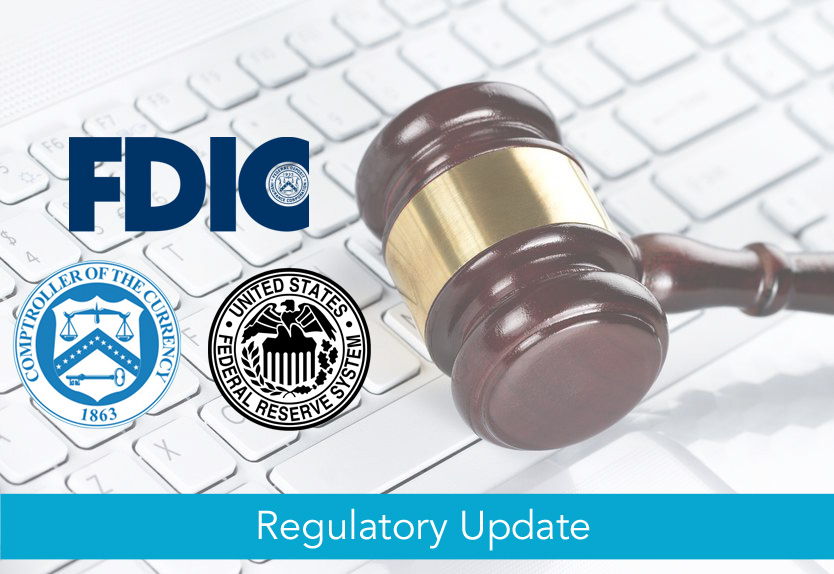
The Board of Governors of the Federal Reserve System, the Federal Deposit Insurance Corporation, and the Office of the Comptroller of the Currency today issued the host state loan-to-deposit ratios that they will use to determine compliance with section 109 of the Riegle-Neal Interstate Banking and Branching Efficiency Act of 1994. These ratios update data released on July 2, 2014.
In general, section 109 prohibits a bank from establishing or acquiring a branch or branches outside of its home state primarily for the purpose of deposit production. Section 109 also prohibits branches of banks controlled by out-of-state bank holding companies from operating primarily for the purpose of deposit production.
Section 109 provides a process to test compliance with the statutory requirements. The first step in the process involves a loan-to-deposit ratio screen that compares a bank’s statewide loan-to-deposit ratio to the host state loan-to-deposit ratio for banks in a particular state.
A second step is conducted if a bank’s statewide loan-to-deposit ratio is less than one-half of the published ratio for that state or if data are not available at the bank to conduct the first step. The second step requires the appropriate agency to determine whether the bank is reasonably helping to meet the credit needs of the communities served by the bank’s interstate branches.
A bank that fails both steps is in violation of section 109 and is subject to sanctions by the appropriate agency.
Attachment: